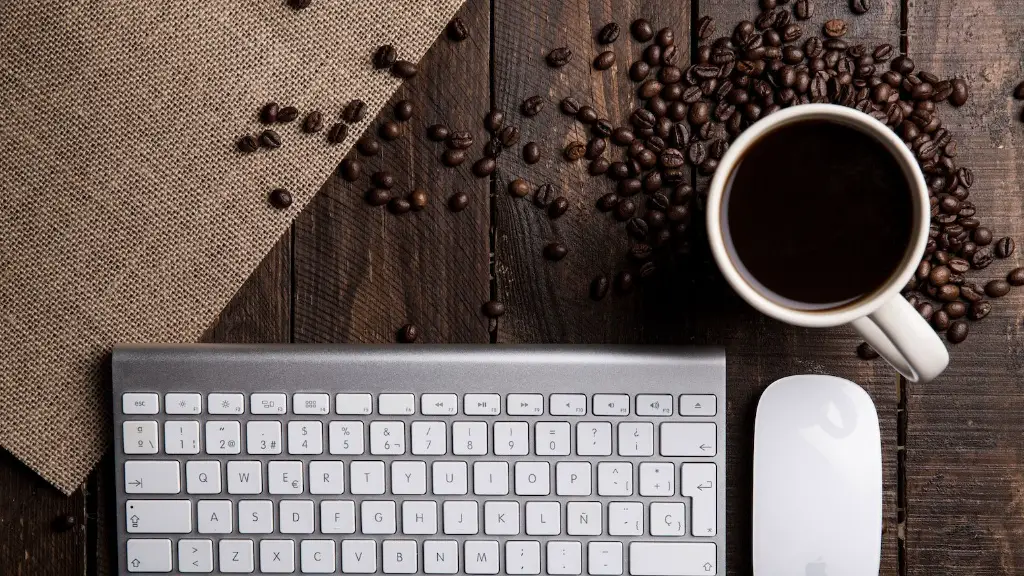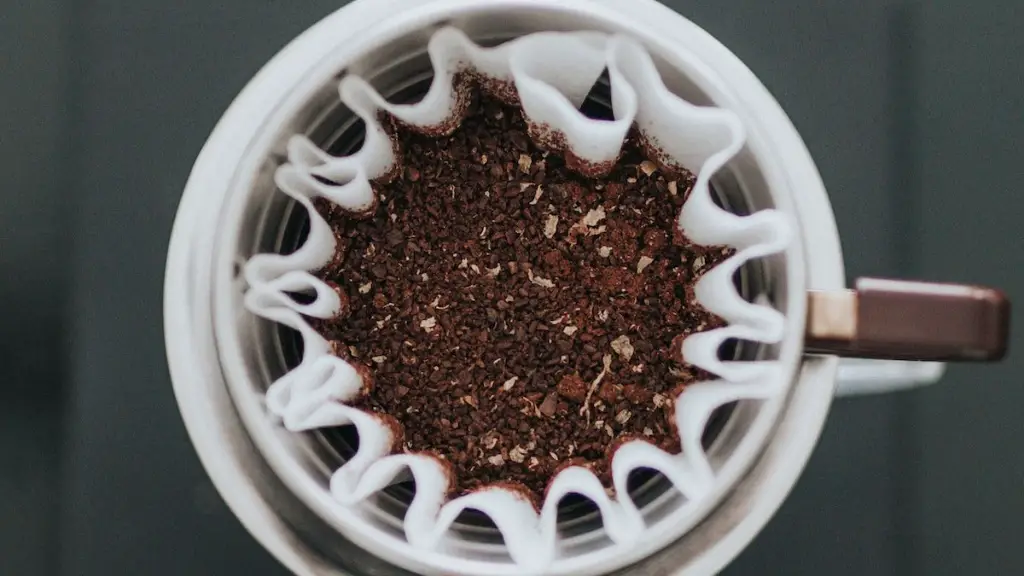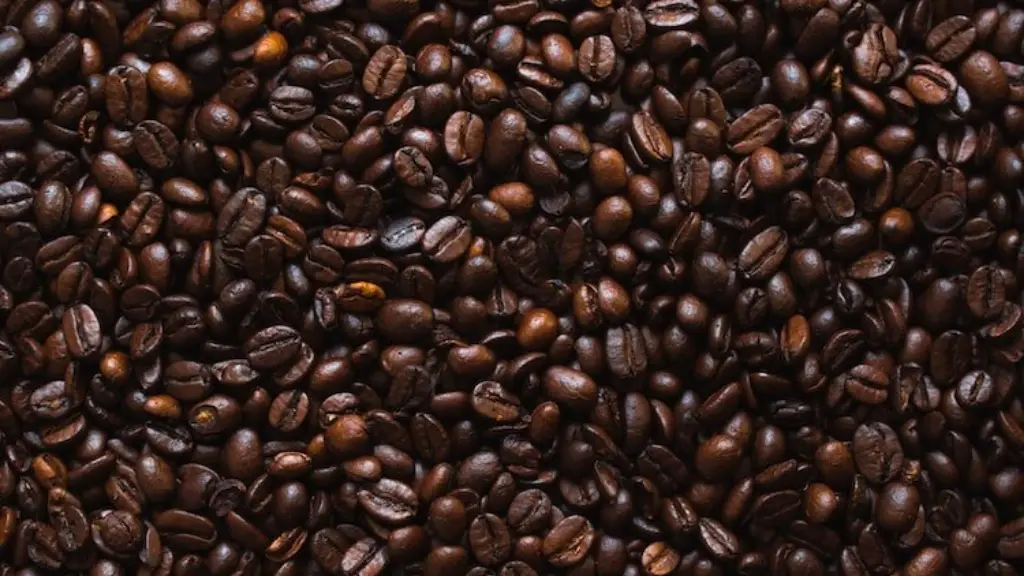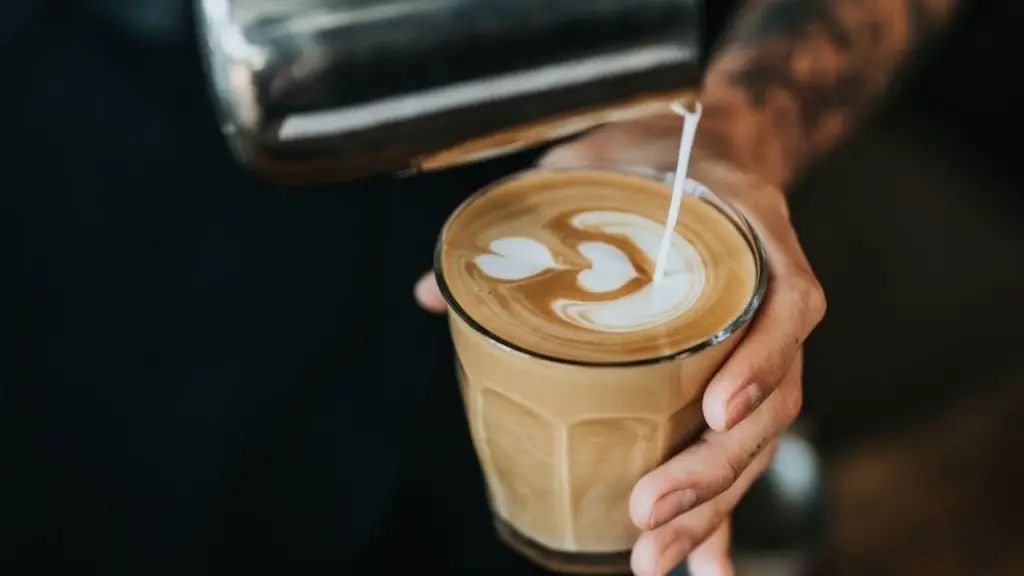Coffee is a very popular beverage, and it’s often used to give people energy and help them stay alert. But what about people suffering from gallstones? Are there any special considerations when it comes to drinking coffee in this situation? To help answer this question, let’s take a closer look at the key issues.
What Are Gallstones?
Before exploring whether you can drink coffee if you have gallstones, it helps to understand what they are. In simple terms, gallstones are small stones that build up in the gallbladder, which is the organ in the human body that stores bile. Bile is a type of digestive fluid produced by the liver that helps to digest fats in the gut. Gallstones can form in the gallbladder when cholesterol, calcium or bilirubin forms crystals.
Gallstones can vary in size from as small as a grain of sand to as large as a golf ball. Most of the time, these stones don’t cause any issues. However, if they become lodged in the ducts of the gallbladder, then it can create pain and discomfort for those affected. The most common symptom of gallstones is severe pain in the upper right part of the abdomen area.
What Is The Link Between Gallstones and Caffeine Consumption?
Research has shown that there is a link between gallstones and caffeine consumption.While it is still not clear exactly how much caffeine is too much, studies have indicated that drinking more than three cups of coffee a day may increase the risk of gallstone formation.This is because caffeine can interfere with gallbladder muscle contractions, which helps the gallbladder to empty itself. This can then lead to an accumulation of bile in theOrgan, which can lead to the formation of gallstones.
However, there is also evidence from other studies that suggest that moderate caffeine consumption may actually be beneficial for those suffering from gallstones. This is because caffeine has been shown to increase the release of cholecystokinin, which is a hormone that helps to regulate the gallbladder and helps to make sure that the gallbladder is able to empty itself properly.
How Can You Minimise Your Risk of Developing Gallstones?
Even though there is no definitive answer as to whether drinking coffee causes gallstones or not, there are some things you can do to minimise your risk of developing them. Firstly, it’s important to exercise regularly to ensure that your body is functioning correctly. Regular exercise can help to regulate the hormones in the body that are responsible for bile production, which may be beneficial for those suffering from gallstones.
It’s also important to watch your diet.Eating too much fat, especially saturated fat, can increase your risk of developing gallstones. Eating plenty of fruits and vegetables is recommended, as well as cutting back on processed and sugary foods.
Finally, if you are at risk of developing gallstones, it may be worth limiting your caffeine intake. While there is no definitive answer as to how much caffeine is too much, it’s best to err on the side of caution and stick to a maximum of two cups of coffee a day.
Other Ways to Increase the Efficiency of the Gallbladder
If you are at risk of developing gallstones, it’s also important to make sure that your gallbladder is functioning as effectively as possible. Taking measures such as drinking plenty of water, avoiding sugary drinks and taking supplements can help to ensure that your gallbladder is operating efficiently.Herbal teas such as peppermint or dandelion can also help to improve the efficiency of the gallbladder.
Additionally, there are a number of foods that can help to improve the efficiency of the gallbladder. For example, artichokes, garlic and onions have all been shown to help to improve bile production, which can help to reduce the risk of gallstones.
Does Drinking Coffee Make Gallstones Worse?
It is still not clear whether drinking coffee contributes to the formation of gallstones, or makes them worse. Some studies suggest that drinking too much coffee may contribute to increased risk of gallstone formation, while others suggest that moderate consumption of coffee may even be beneficial.
Due to the conflicting evidence, it’s best to err on the side of caution when it comes to drinking coffee if you have gallstones. It may be worth limiting your consumption of coffee to a couple of cups a day, as this will minimise your risk of developing gallstones or exacerbating existing ones.
Options for Treating Existing Gallstones
If you already have gallstones, then it’s important to speak to your doctor about the best treatment options for you. There are a number of different options available, depending on the size and number of stones present. Generally, the options available include pain relief and medications, as well as minimally-invasive surgical procedures such as lithotripsy.
In some cases, it may be possible to pass the stones naturally, although this will depend on how large the stones are. If the stones are very large, then surgery may be the only option.
Lifestyle Changes That Can Help
Finally, it’s important to understand that there are a number of lifestyle changes that can help to reduce the risk of developing gallstones. Eating a healthy and balanced diet, exercising regularly and reducing stress levels can all help to reduce the likelihood of developing gallstones, as well as reducing any existing symptoms.
It’s also important to be aware that certain medications can increase the risk of gallstone formation. If you’re taking any medications, it’s important to speak to your doctor to ensure that they are not increasing your risk of developing gallstones.
How to Manage Gallstone Pain
When it comes to managing gallstone pain, the best approach is to seek medical help as soon as possible. If the pain is severe, then it’s important to seek medical attention immediately, as it could be a sign of an infection or a blockage that needs to be treated.
In terms of managing the pain at home, there are a number of simple steps that you can take. Firstly, it helps to rest and avoid strenuous activity. Additionally, it may help to take over-the-counter pain medication such as paracetamol or ibuprofen. Some people also find that heat packs or cold packs can help to soothe the pain.
Finally, it also helps to make sure that you’re drinking plenty of fluids. Staying hydrated can help to reduce inflammation, which can help to reduce pain associated with gallstones.
What Should You Do If Pain Persists?
If the pain persists or becomes worse, it’s important to speak to your doctor so that they can determine the cause of the pain and provide you with the appropriate treatment. In some cases, they may recommend a minimally-invasive procedure such as a cholecystectomy, which is a surgical procedure to remove the gallbladder.
In other cases, it may be necessary to take medication to help manage the pain. For example, your doctor may recommend antibiotics to treat any possible infection. Alternatively, they may suggest medications to help regulate bile production, which can help to reduce pain associated with gallstones.
When to Seek Medical Help
In general, it’s important to seek medical help if you experience any of the following: severe pain in the upper right part of the abdomen, chills, fever, vomiting or nausea. These are all signs that something could be wrong and it’s important to seek medical help because these symptoms could indicate an infection or blockage.
In severe cases, it may be necessary to undergo a cholecystectomy to remove the gallbladder. This is a relatively safe procedure, but it is still important to be aware of the potential risks and to speak to your doctor if you have any concerns.
Final Thoughts on Gallstones and Coffee
In conclusion, when it comes to drinking coffee if you have gallstones, it’s best to err on the side of caution and limit your consumption to a maximum of two cups of coffee a day. Additionally, it’s important to make sure that you’re taking other measures to keep your gallbladder healthy and functioning properly. Finally, if you experience any severe pain or other symptoms, it’s important to seek medical help as soon as possible.





